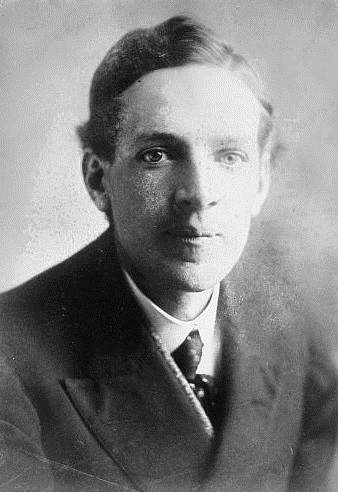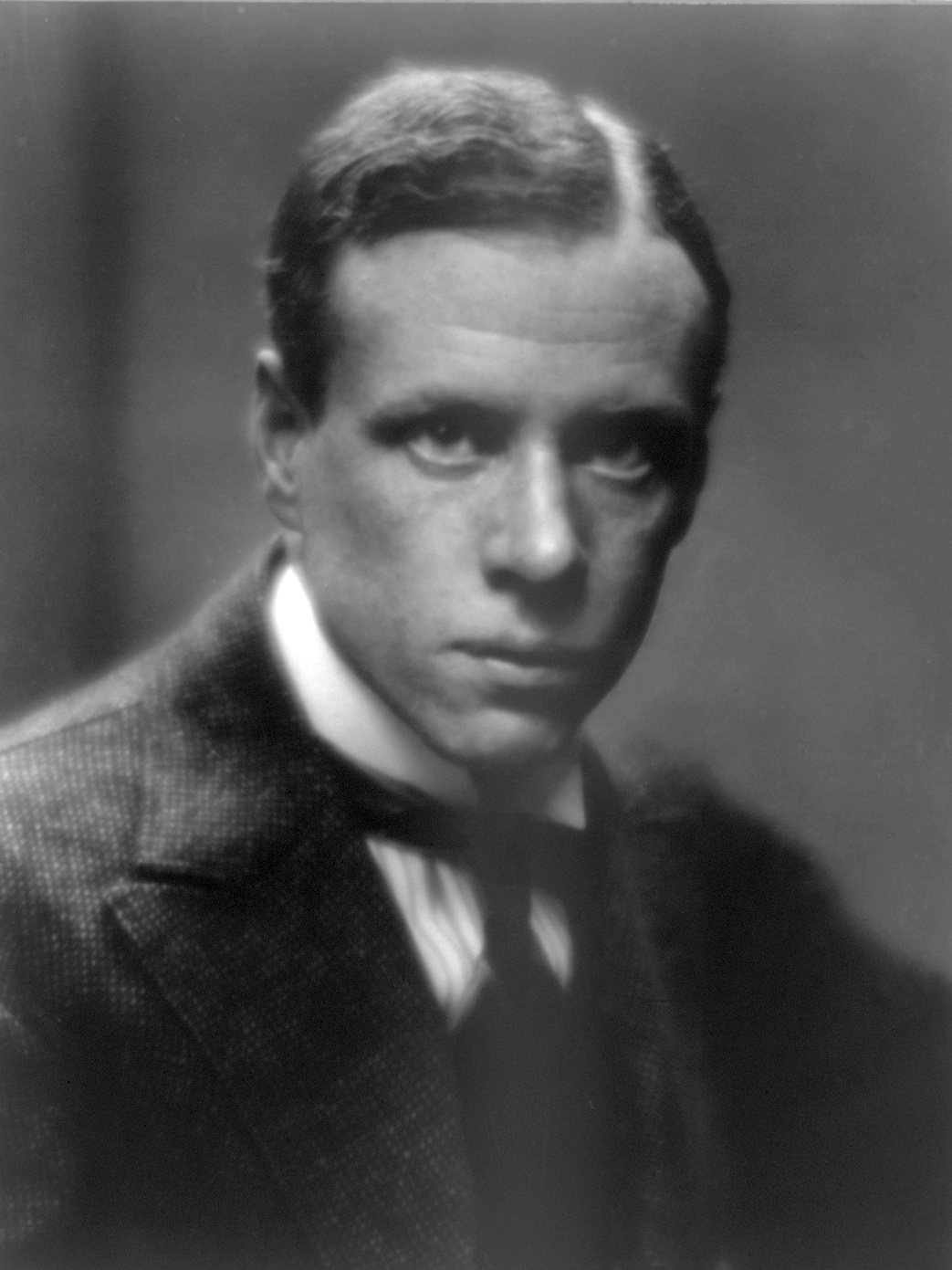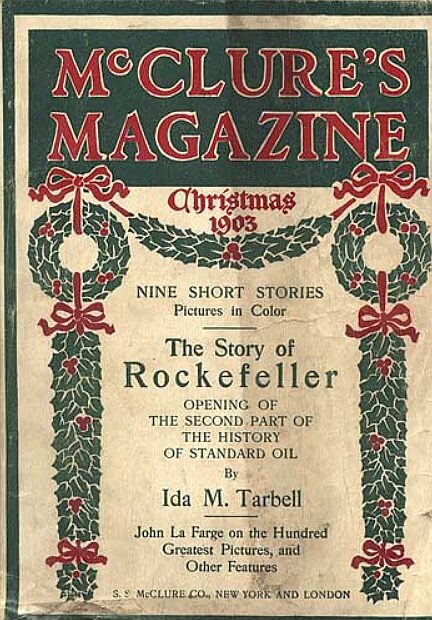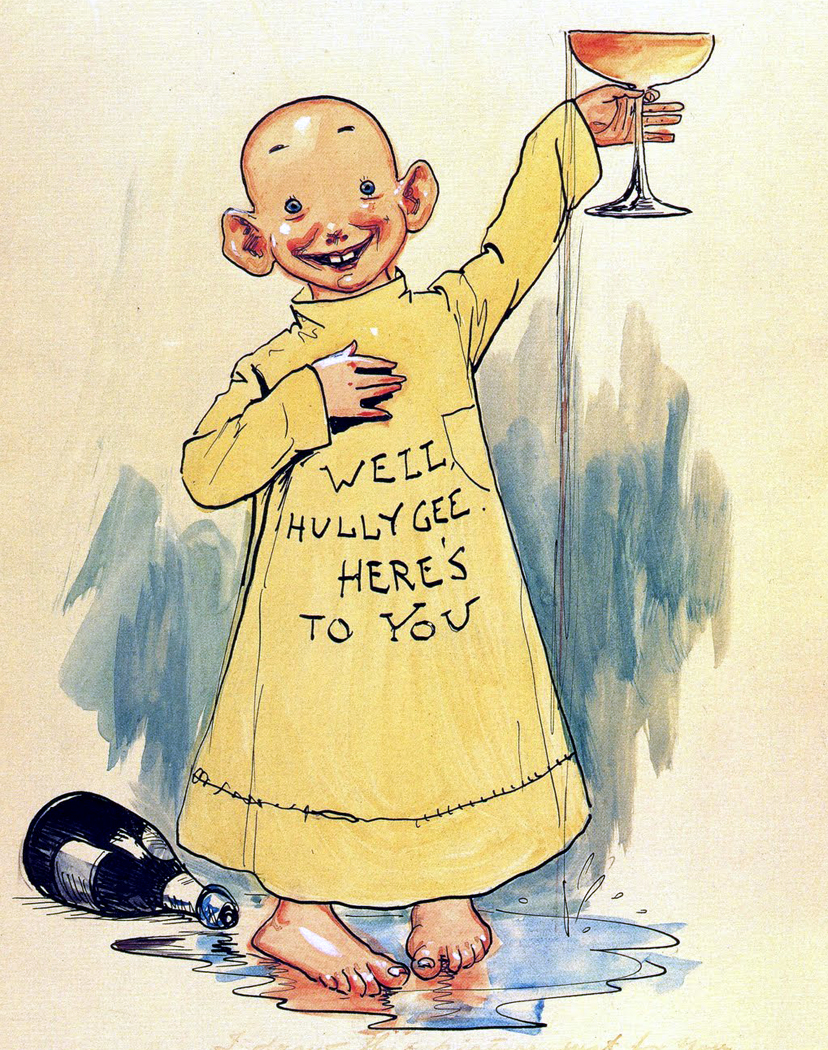|
Upton Sinclair
Upton Beall Sinclair Jr. (September 20, 1878 – November 25, 1968) was an American writer, muckraker, political activist and the 1934 Democratic Party nominee for governor of California who wrote nearly 100 books and other works in several genres. Sinclair's work was well known and popular in the first half of the 20th century, and he won the Pulitzer Prize for Fiction in 1943. In 1906, Sinclair acquired particular fame for his classic muck-raking novel, '' The Jungle'', which exposed labor and sanitary conditions in the U.S. meatpacking industry, causing a public uproar that contributed in part to the passage a few months later of the 1906 Pure Food and Drug Act and the Meat Inspection Act. In 1919, he published '' The Brass Check'', a muck-raking exposé of American journalism that publicized the issue of yellow journalism and the limitations of the "free press" in the United States. Four years after publication of ''The Brass Check'', the first code of ethics fo ... [...More Info...] [...Related Items...] OR: [Wikipedia] [Google] [Baidu] |
The Brass Check
''The Brass Check'' is a muckraking exposé of American journalism by Upton Sinclair published in 1919. It focuses mainly on newspapers and the Associated Press wire service, along with a few magazines. Other critiques of the press had appeared, but Sinclair reached a wider audience with his personal fame and lively, provocative writing style. Among those critiqued was William Randolph Hearst, who made routine use of yellow journalism in his widespread newspaper and magazine business. Sinclair called ''The Brass Check'' "the most important and most dangerous book I have ever written." The University of Illinois Press released a new edition of the book in 2003, which contains a preface by Robert W. McChesney and Ben Scott. The text is also freely available on the Internet, as Sinclair opted not to copyright the text in an effort to maximize its readership. For much of Sinclair's career he was known as a "two book author": for writing ''The Jungle'' and ''The Brass Check.''McCh ... [...More Info...] [...Related Items...] OR: [Wikipedia] [Google] [Baidu] |
Sinclair Lewis
Harry Sinclair Lewis (February 7, 1885 – January 10, 1951) was an American writer and playwright. In 1930, he became the first writer from the United States (and the first from the Americas) to receive the Nobel Prize in Literature, which was awarded "for his vigorous and graphic art of description and his ability to create, with wit and humor, new types of characters." He is best known for his novels '' Main Street'' (1920), '' Babbitt'' (1922), '' Arrowsmith'' (1925), ''Elmer Gantry'' (1927), '' Dodsworth'' (1929), and '' It Can't Happen Here'' (1935). His works are known for their critical views of American capitalism and materialism in the interwar period. He is also respected for his strong characterizations of modern working women. H. L. Mencken wrote of him, " fthere was ever a novelist among us with an authentic call to the trade ... it is this red-haired tornado from the Minnesota wilds." Early life Born February 7, 1885, in the village of Sauk Centre, Minnesota, ... [...More Info...] [...Related Items...] OR: [Wikipedia] [Google] [Baidu] |
Meatpacking Industry
The meat-packing industry (also spelled meatpacking industry or meat packing industry) handles the slaughtering, processing, packaging, and distribution of meat from animals such as cattle, pigs, sheep and other livestock. Poultry is generally not included. This greater part of the entire meat industry is primarily focused on producing meat for human consumption, but it also yields a variety of by-products including hides, dried blood, protein meals such as meat & bone meal, and, through the process of rendering, fats (such as tallow). In the United States and some other countries, the facility where the meat packing is done is called a '' slaughterhouse'', ''packinghouse'' or a ''meat-packing plant''; in New Zealand, where most of the products are exported, it is called a ''freezing works''. An abattoir is a place where animals are slaughtered for food. The meat-packing industry grew with the construction of the railroads and methods of refrigeration for meat preserv ... [...More Info...] [...Related Items...] OR: [Wikipedia] [Google] [Baidu] |
The Flivver King
''The Flivver King: A Story of Ford-America'' is a novel by American author Upton Sinclair, published in 1937, that tells the intertwined stories of Henry Ford and a fictional Ford worker named Abner Shutt. Plot summary On Bagley Street in the city of Detroit, Little Abner Shutt begins the story by explaining to his mother that "there's a feller down the street says he's goin' to make a wagon that'll run without a horse." The man is Henry Ford. The story follows the progress and growth of Ford Motor Company through the perspective of a number of generations of a single family. ''The Flivver King'' demonstrates the effects of scientific management in factories. The Ford factory began with very skilled workers. Through a process of breaking the skilled job down into simple steps, they were able to hire lower wage, less skilled individuals to do the work. ''The Flivver King'' explains how the Ford Company used scientific management to replace skilled workers while successfully incr ... [...More Info...] [...Related Items...] OR: [Wikipedia] [Google] [Baidu] |
Oil!
''Oil!'' is a novel by Upton Sinclair, first published in 1926–27 and told as a third-person narrative, with only the opening pages written in the first person. The book was written in the context of the Harding administration's Teapot Dome Scandal and takes place in Southern California. It is a social and political satire skewering the human foibles of all its characters. The main character is James Arnold Ross Jr., nicknamed Bunny, son of an oil tycoon. Bunny's sympathetic feelings toward oilfield workers and socialists provoke arguments with his father throughout the story. The novel served as a loose inspiration for the 2007 film ''There Will Be Blood''. Characters *James Arnold Ross (aka Dad), a self-made oil millionaire. *James Arnold "Bunny" Ross Jr., the protagonist; the only son of a self-made oil millionaire *Paul Watkins, a farmer's son who runs away from home, is tutored by a free thinker, and becomes an advocate for the rights of laborers. After spending time in ... [...More Info...] [...Related Items...] OR: [Wikipedia] [Google] [Baidu] |
The Coal War
''The Coal War'' is a novel by Upton Sinclair Upton Beall Sinclair Jr. (September 20, 1878 – November 25, 1968) was an American writer, muckraker, political activist and the 1934 Democratic Party nominee for governor of California who wrote nearly 100 books and other works in sever .... It is a sequel to '' King Coal'' and documents the continuing exploits of that novel's protagonist, Hal Warner. When Sinclair submitted the novel for publication in 1917, it was rejected as being insufficiently interesting from a novelistic standpoint. After this, the manuscript remained in limbo until 1976, when it was finally published by the Colorado Associated University Press. The book was published eight years after Sinclair's death. 1976 American novels Novels by Upton Sinclair Sequel novels Books published by university presses Novels published posthumously {{1970s-hist-novel-stub ... [...More Info...] [...Related Items...] OR: [Wikipedia] [Google] [Baidu] |
King Coal
''King Coal'' is a 1917 novel by Upton Sinclair that describes the poor working conditions in the coal mining industry in the western United States during the 1910s, from the perspective of a single protagonist, Hal Warner. As in his earlier work, ''The Jungle'', Sinclair uses the novel to express his socialist viewpoint. The book is based on the 1913-1914 Colorado coal strikes and written just after the Ludlow massacre. The sequel to ''King Coal'' was posthumously published under the title, '' The Coal War.'' Plot Hal Warner, a rich young fellow determined to find the truth for himself about conditions in the mines, runs away from home and adopts the alias "Joe Smith." After being turned away by one coal mine for fear of Hal being a union organizer, he gets a job in another coal mine operated by the General Fuel Company, or GFC. In the mines he befriends many of the workers, and realizes their misery and exploitation at the hands of the bosses. He befriends Mary Burke, who ... [...More Info...] [...Related Items...] OR: [Wikipedia] [Google] [Baidu] |
Progressive Era
The Progressive Era (late 1890s – late 1910s) was a period of widespread social activism and political reform across the United States focused on defeating corruption, monopoly, waste and inefficiency. The main themes ended during American involvement in World War I (1917–1918) while the waste and efficiency elements continued into the 1920s. Progressives sought to address the problems caused by rapid industrialization, urbanization, immigration, and political corruption; and by the enormous concentration of industrial ownership in monopolies. They were alarmed by the spread of slums, poverty, and what they perceived as the "exploitation" of labor. Multiple overlapping progressive movements fought perceived social, political and economic ills by advancing democracy, scientific methods, professionalism and efficiency; regulating businesses, protecting the natural environment, and improving working conditions in factories and living conditions of the urban poor. Sprea ... [...More Info...] [...Related Items...] OR: [Wikipedia] [Google] [Baidu] |
Time (magazine)
''Time'' (stylized in all caps) is an American news magazine based in New York City. For nearly a century, it was published weekly, but starting in March 2020 it transitioned to every other week. It was first published in New York City on March 3, 1923, and for many years it was run by its influential co-founder, Henry Luce. A European edition (''Time Europe'', formerly known as ''Time Atlantic'') is published in London and also covers the Middle East, Africa, and, since 2003, Latin America. An Asian edition (''Time Asia'') is based in Hong Kong. The South Pacific edition, which covers Australia, New Zealand, and the Pacific Islands, is based in Sydney. Since 2018, ''Time'' has been published by Time USA, LLC, owned by Marc Benioff, who acquired it from Meredith Corporation. History ''Time'' has been based in New York City since its first issue published on March 3, 1923, by Briton Hadden and Henry Luce. It was the first weekly news magazine in the United States. The two had ... [...More Info...] [...Related Items...] OR: [Wikipedia] [Google] [Baidu] |
Code Of Ethics
Ethical codes are adopted by organizations to assist members in understanding the difference between right and wrong and in applying that understanding to their decisions. An ethical code generally implies documents at three levels: codes of business ethics, codes of conduct for employees, and codes of professional practice. Code of ethics or code of conduct? (Corporate or business ethics) Many organizations use the phrases ''ethical code'' and ''code of conduct'' interchangeably, but it may be useful to make a distinction. A code of ethics will start by setting out the values that underpin the code and will describe an organization's obligation to its stakeholders. The code is publicly available and addressed to anyone with an interest in that organization's activities and the way it operates. It will include details of how the organization plans to implement its values and vision, as well as guidance to staff on ethical standards and how to achieve them. However, a code of co ... [...More Info...] [...Related Items...] OR: [Wikipedia] [Google] [Baidu] |
Yellow Journalism
Yellow journalism and yellow press are American terms for journalism and associated newspapers that present little or no legitimate, well-researched news while instead using eye-catching headlines for increased sales. Techniques may include exaggerations of news events, scandal-mongering, or sensationalism. By extension, the term ''yellow journalism'' is used today as a pejorative to decry any journalism that treats news in an unprofessional or unethical fashion. In English, the term is chiefly used in the US. In the UK, a roughly equivalent term is '' tabloid journalism'', meaning journalism characteristic of tabloid newspapers, even if found elsewhere. Other languages, e.g. Russian ( Жёлтая пресса), sometimes have terms derived from the American term. A common source of such writing is called checkbook journalism, which is the controversial practice of news reporters paying sources for their information without verifying its truth or accuracy. In some countr ... [...More Info...] [...Related Items...] OR: [Wikipedia] [Google] [Baidu] |
Exposé (journalism)
Investigative journalism is a form of journalism in which reporters deeply investigate a single topic of interest, such as serious crimes, political corruption, or corporate wrongdoing. An investigative journalist may spend months or years researching and preparing a report. Practitioners sometimes use the terms "watchdog reporting" or "accountability reporting." Most investigative journalism has traditionally been conducted by newspapers, wire services, and freelance journalists. With the decline in income through advertising, many traditional news services have struggled to fund investigative journalism, due to it being very time-consuming and expensive. Journalistic investigations are increasingly carried out by news organizations working together, even internationally (as in the case of the Panama Papers and Paradise Papers), or by organizations such as ProPublica, which have not operated previously as news publishers and which rely on the support of the public and benefact ... [...More Info...] [...Related Items...] OR: [Wikipedia] [Google] [Baidu] |







